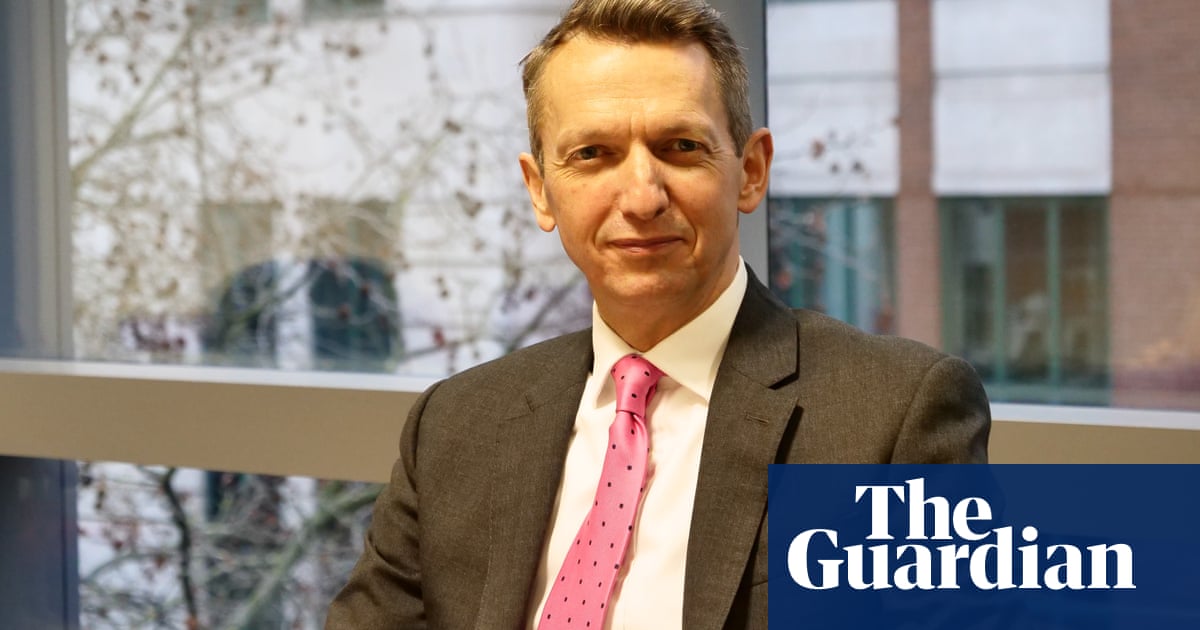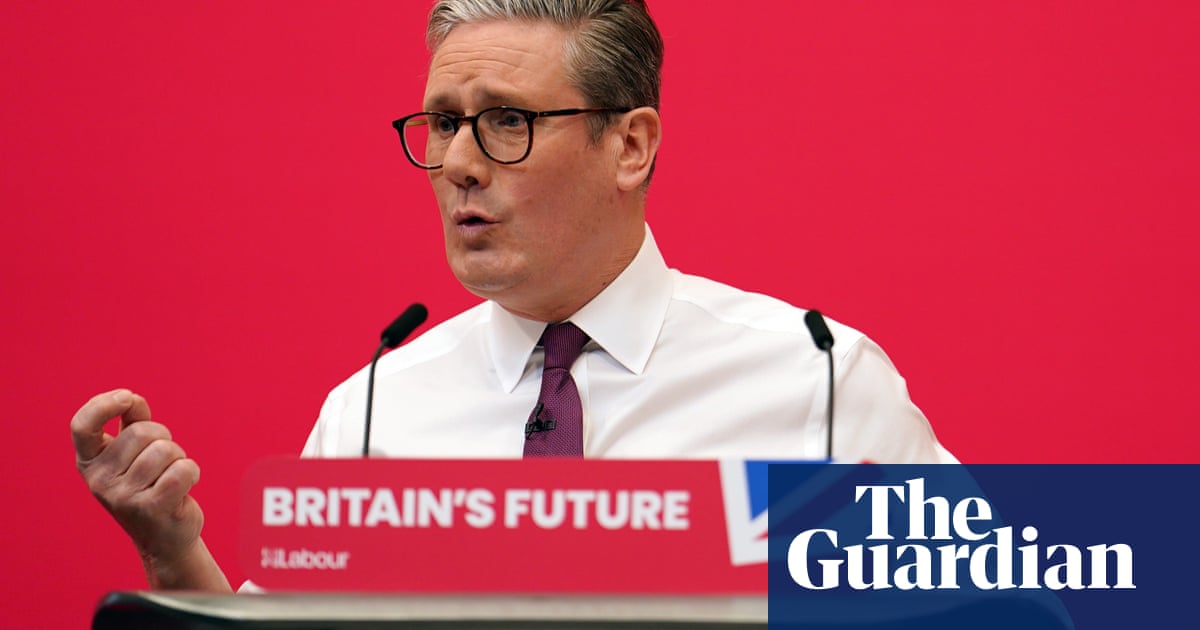
The government’s top levelling-up adviser has warned ministers that failure to tackle the funding crisis for councils across England is threatening one of the Conservatives’ flagship 2019 election promises.
Andy Haldane, the chair of the government’s levelling-up advisory council, said a “root and branch rethink” of local authority funding was urgently required to prevent a fresh round of ever-deeper cuts to local services.
Blaming austerity as the “root cause” behind growing numbers of council bankruptcies, he told the Guardian: “The surprising thing about this is that any of us are surprised – given the extent of the paring back over the past 15 years in local government funding, on to which you layer a dose of cost increases and inflation across the piece.”
The former Bank of England chief economist, who was hired by Boris Johnson to mastermind the government’s levelling-up plans, said the crisis in town hall funding was forcing councils to slash the types of activities that could help power-up economic growth.
“What gets cut is often the investment needed to grow out of a hole. So the hole kind of gets ever deeper, as you haven’t got the resources to invest to grow the local economy tomorrow,” he said. “Is this affecting levelling up? Yes, without question.”
Increasing numbers of councils in England are warning they in effect face bankruptcy. Despite ministers taking evasive action with an extra £600m to top up funding plans for next year, MPs and council leaders from across the political divide say local authorities are still £4bn short in an “out of control” financial crisis.
It comes amid a sharp rise in costs and growing demand on services, made worse by austerity-driven cuts and local missteps. Among the biggest casualties so far are Birmingham and Nottingham, as well as Woking in Surrey and Thurrock in Essex.
A recent Guardian investigation revealed most authorities are planning to increase council tax bills by £2bn from April, slash “non-core” services and jobs, and sell off land, buildings and other assets in an attempt to balance their budgets.
Ministers have sought to blame councils for their own financial woes, highlighting poor local decision-making and debt-laden authorities where councillors ploughed money into failed commercial investments.
However, Haldane said he did not accept the argument, saying swingeing cuts to government funding had left those authorities “forced of necessity to gamble for resurrection”.
A key architect of the government’s 12 levelling-up “missions” launched two years ago, he said limited progress had been made on the agenda as it had slipped down the list of Rishi Sunak’s priorities.
He praised action on devolution, including plans for new mayoral authorities in the north-east of England and Yorkshire, but said a scorecard on levelling-up progress would be mixed at best.
“There are some things where it’s going better than people appreciate. The standout one on that would be devolution,” he said. “The downside of having slipped out of the political spotlight is there might be fewer monies available to help finance this, and that’s a risk many local authorities are facing right now.”
The economist, who is the chief executive of the Royal Society of Arts thinktank, predicted the financial pressure councils were under would likely result in deep cuts to arts, culture and recreation funding in particular.
However, he said these types of activities were key to boosting towns and cities outside London and the south-east of England, arguing that green spaces, libraries, galleries, high streets and football clubs were among the local assets that would attract people to live and work in an area.
“They are somehow seen as being the hundreds and thousands, or the icing on the cake. But we know they absolutely are the cake. We know in the most deprived parts of the UK, what matters most are those things,” he said.
“But we’re still underinvesting in them. We invest diddly squat in what might be called social infrastructure relative to what we invest in physical or digital infrastructure, and it’s always the first casualty of cuts by local government.”
A government spokesperson said it was “dedicated to levelling up” and had committed £13bn to support projects. It also said it recognised councils were facing challenges and had provided £600m more for English local authorities for the upcoming financial year.
“This additional funding has been welcomed by leading local government organisations – but we remain ready to talk to any concerned council about its financial position,” the spokesperson said.












